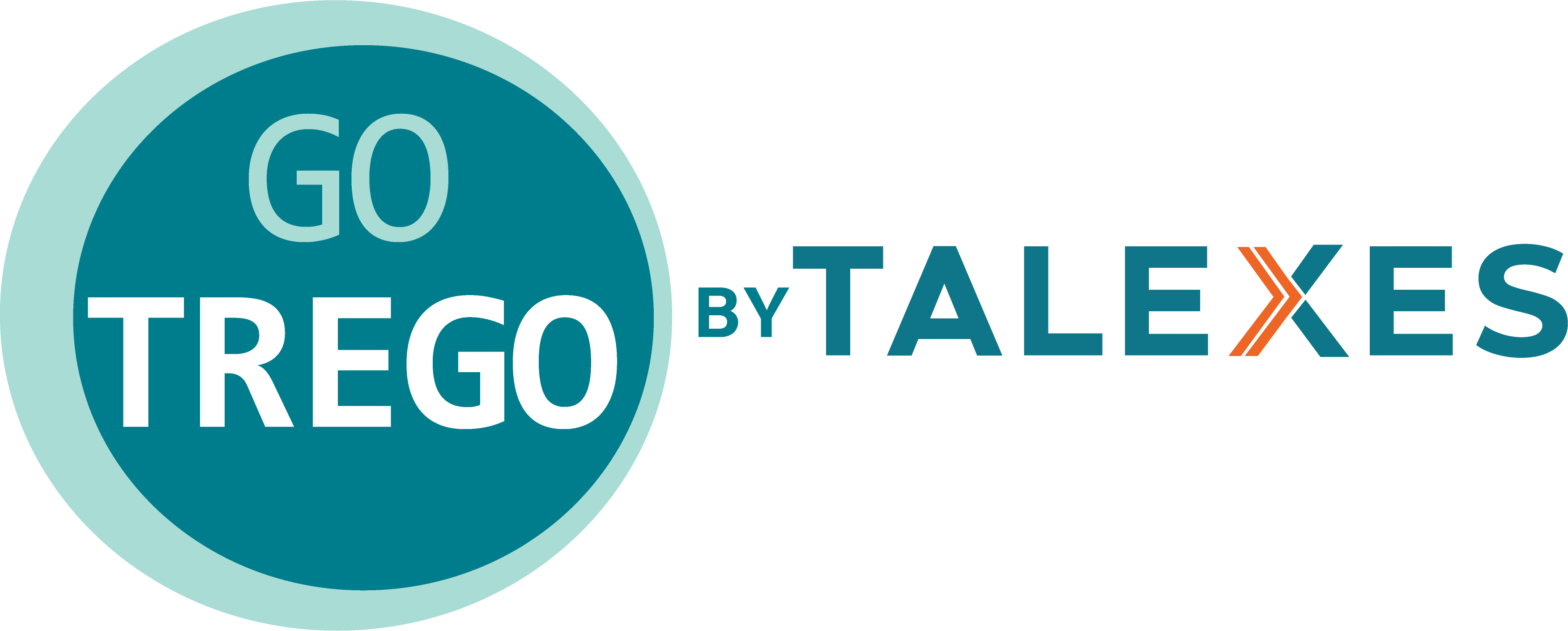In the auto industry, evaluating employee performance means more than just checking off technical competencies. With the rapid adoption of automation, digital systems, and electric vehicle technology, balancing technical abilities (hard skills) with interpersonal skills (soft skills) is crucial. Both contribute to well-rounded, high-performing teams that can drive innovation and adapt to industry changes. Here’s how automotive companies can integrate a balanced assessment approach to maximize employee development and overall performance.
- Recognizing the Importance of Both Skill Types
In automotive roles, hard skills—such as equipment operation, software expertise, or diagnostic skills—are essential for daily tasks. Yet, soft skills like communication, adaptability, and teamwork play a vital role in creating cohesive teams that can handle complex projects and adjust to evolving priorities. To fully capture an employee’s contributions, assessments should measure both technical and interpersonal abilities, emphasizing that each plays an essential role in organizational success.
- Hard Skills Are Only Part of the Equation
While technical proficiency is fundamental, focusing solely on it may overlook critical areas of employee effectiveness. An employee who excels at technical tasks but struggles with collaboration or adaptability may face challenges in dynamic team environments. For instance, a mechanic might be highly skilled in diagnosing car issues but could hinder overall efficiency if unable to communicate findings effectively. A balanced approach to employee development should recognize the value of these complementary skills.
- Soft Skills Fuel Leadership and Innovation
As employees advance in their careers, soft skills like leadership, empathy, and problem-solving become increasingly important, particularly in managerial or team lead positions. In the auto industry, effective leaders can bridge gaps between technicians, engineers, and executives. By fostering leadership qualities through employee assessments, companies ensure that emerging leaders are equipped not only to manage projects but also to inspire teams and adapt to industry changes.
- Defining Skills in Job Descriptions for Accurate Assessments
To set clear expectations, automotive companies should outline both technical and soft skill requirements within job descriptions. This transparency helps employees understand the breadth of skills valued by the organization and guides assessments in evaluating these competencies. Including soft skills like teamwork, adaptability, or time management in job descriptions signals their importance and reinforces a more balanced approach to employee growth and evaluation.
- Leveraging 360-Degree Feedback for Holistic Insights
A 360-degree feedback approach gathers input from multiple sources, offering a complete view of both technical and interpersonal performance. For instance, feedback from managers, peers, and team members can provide insights into an employee’s collaboration style, problem-solving abilities, and technical execution. In this way, companies gain a well-rounded assessment that includes both quantitative (technical proficiency) and qualitative (interaction and teamwork) aspects of performance.
- Integrating Metrics with Qualitative Feedback
Quantifying technical skills is often straightforward—such as evaluating project completion rates, diagnostic accuracy, or technical certifications. However, soft skills require more nuanced evaluation, which can be achieved through qualitative feedback. Managers and team leads should incorporate metrics for hard skills along with peer feedback on communication, leadership, and teamwork. This blended assessment approach ensures a comprehensive view of employee contributions.
- Developing Comprehensive Growth Plans
Post-assessment, a balanced development plan should target areas of improvement for both hard and soft skills. For example, an auto engineer with strong technical expertise but limited experience in team management could benefit from leadership training to prepare for future roles. Offering development in soft skills like communication or conflict resolution helps employees grow in a well-rounded way, aligning their individual development with organizational needs.
- Standardizing Soft Skill Assessments to Ensure Fairness
Assessing soft skills can be challenging due to potential subjectivity. To maintain consistency, automotive companies can use structured assessments, behavioral evaluations, and scenario-based exercises that evaluate skills like adaptability, communication, and conflict resolution. Standardized methods ensure that all employees are measured fairly and accurately, promoting an equitable approach to assessments.
- Promoting Continuous Learning for Lasting Impact
In the ever-evolving automotive industry, both hard and soft skills require regular updates. By offering ongoing learning opportunities—such as technical certifications in emerging automotive technologies or workshops in leadership and communication—companies foster a culture of continuous improvement. A focus on continuous development not only enhances individual performance but also helps teams stay competitive and aligned with industry advancements.
Conclusion
Balancing hard and soft skills in employee assessments equips automotive companies to recognize and cultivate well-rounded employees. While technical skills drive the industry’s innovation, interpersonal abilities are key to maintaining collaborative, adaptable, and high-performing teams. By integrating both skill types into assessments and tailoring development programs to address them, the auto industry can create resilient, skilled employees ready to lead in a rapidly changing market. This balanced approach strengthens teams, empowers leaders, and supports a workplace culture that values comprehensive growth.





